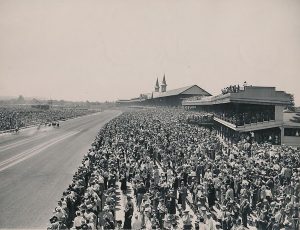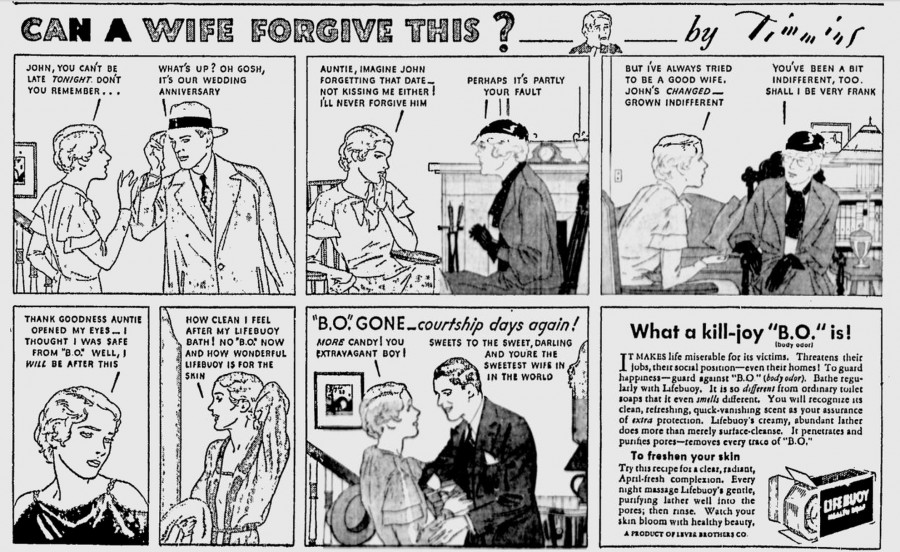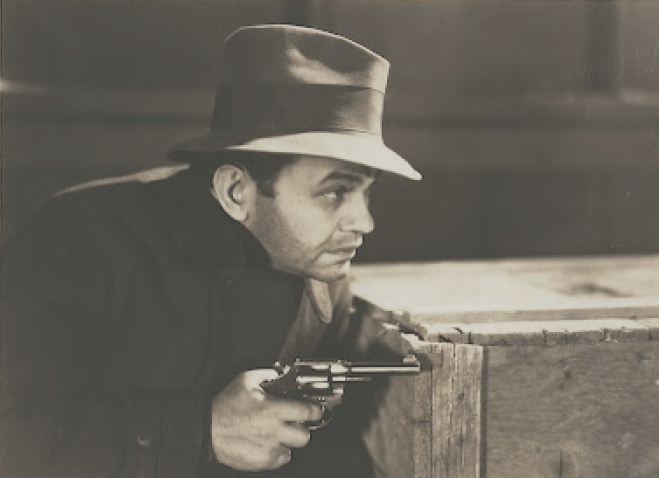Lindbergh Didn’t Cross The Atlantic First
7 Strange and Unusual Historical Facts You Probably Didn’t Know
When I was a kid I remember reading a copy of Ripley’s Believe It or Not and coming across the “fact” that Charles Lindbergh was “merely the 67th person” to fly across the Atlantic.
Technically Ripley was correct. The first person to cross the Atlantic was Lieutenant Commander Albert C. Read. On May 16-27, 1919 Read flew in a seaplane, the NC-4, from Newfoundland to the Azores and on to Lisbon Portugal. it was not a non-stop flight like Lindbergh was to accomplish eight years later, but even so I never learned that in school.
Lindbergh was not even the first to make a non-stop flight across the Atlantic. Captain John Alcock and Arthur W. Brown flew non-stop in a British biplane from Newfoundland to Ireland in a little over 16 hours on June 14, 1919.
So with that nugget of history, here are six more unusual facts that you probably didn’t know.
Why We Shake Hands With Our Right Hands
The custom of shaking hands has come down to us from the time when almost everyone carried a sword or knife. In those days when one met a stranger, it was customary as a matter of friendly intention, to hold out the right hand to show it did not hold a sword or knife.
It Was Predicted Skyscrapers Would Not Be Economically Practical Over Time
In 1939 It was estimated by the National Association of Real Estate Boards that “it is unlikely that the period of economic usefulness of a skyscraper can be much longer than forty years.”
In The Early 20th Century There Was A Proposal To Go To A 13 Month Calendar
Moses B. Cotsworth’s idea was to replace the 12 month Gregorian calendar,with a 13 month calendar. Cotsworth’s calendar would apply uniformity to the number of days in each month – thirteen months each comprising 28 days. Continue reading









